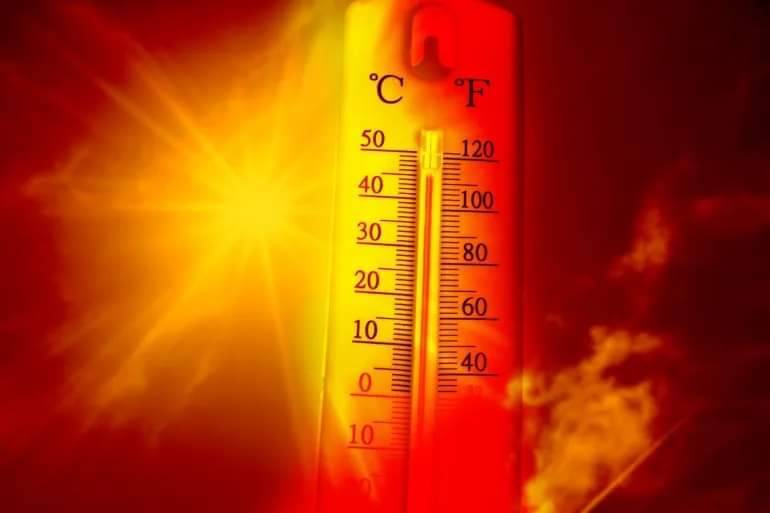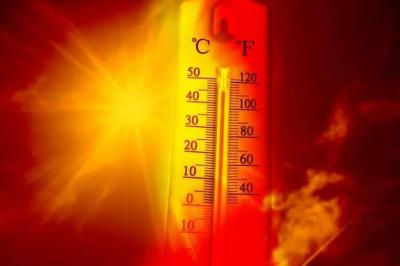A new study has shown that high nighttime temperatures significantly increase the risk of stroke, and the findings may help raise awareness and better protect individuals against increasingly hot nights, according to New Atlas, citing the European Heart Journal. Stroke is the second leading cause of death and the third leading cause of disability worldwide; it is a common and debilitating condition. While people are aware of many risk factors such as high blood pressure, diabetes, and high cholesterol, little is known about how ambient temperature, especially at night, affects the risk of stroke.
Researchers from the Helmholtz Munich Research Center and the Augsburg University Hospital in Germany studied the relationship between rising nighttime temperatures and the incidence of stroke. Alexandra Schneider, head of the Environmental Risks Working Group at Helmholtz Munich and the study's lead researcher, stated, "We wanted to understand how much high nighttime temperatures pose a health risk," noting that "this is important because climate change is causing nighttime temperatures to rise much faster than daytime temperatures."
According to a 2020 study, global warming has caused nighttime temperatures to rise more than daytime temperatures in most parts of the world between 1985 and 2017. Researchers attributed this to greater cloud cover, which limited daytime temperatures but allowed heat to escape from the day into the night.
In the current study, researchers examined data from 11,037 patients admitted to the neurology department at Augsburg University Hospital with a stroke diagnosis between 2006 and 2020. The average age of the patients was 71 years. They also obtained hourly air temperature, relative humidity, and atmospheric pressure data from a local weather station in Augsburg.
Very hot nights were classified using a so-called "Excess Hot Night" (EHN) index, which measures how much nighttime temperatures rise above a certain threshold value. Specifically, the threshold value was defined as 5% of the daily minimum temperature over the 15-year study period, which averaged 14.6 degrees Celsius. If the temperature exceeded this value, the night was considered very hot.
Researchers analyzed the potential relationship between extreme nighttime heat and stroke occurrence, discovering that extreme nighttime heat increases the risk of stroke by 7%. The risk has notably increased in recent years compared to earlier periods. Between 2006 and 2012, there were two additional stroke cases annually, while from 2013 to 2020, there were 33 additional cases.
Cheng He, a co-researcher on the study, noted, “The elderly and women are particularly at risk, and mild symptomatic strokes are mainly diagnosed in clinics after hot nights.” Heat can be deadly, especially for the elderly, children, and individuals with medical conditions. In urban areas, where concrete and asphalt retain heat during the day and release it slowly throughout the night—a phenomenon known as the "urban heat island effect"—windows are often kept closed for safety reasons, making homes dangerously hot quickly.
Researchers are working on practical applications for their findings, including reducing the intensity of urban heat islands. Importantly, they state that their study highlights another modifiable risk factor for stroke and opens doors for further research and studies.




